Why do Americans yearn for the romance of Paris? Why do young men in Lahore dream of experiencing the hustle and bustle of New York City? Why would the children of Gaza vigorously support a football team in Barcelona that they would love to go see play live?
I only truly understood these phenomena when I found myself endlessly attracted to the life, stories, and politics of Beirut, Lebanon. People are not drawn to countries simply for the sentimentality of family and memories, but rather due to the mental image they have created from media, art, and news about these places.

From Fairuz’s hit single “Le Beirut” to Nizar Qabbani’s moving poem “Beirut: The mistress of the world”, few cities in the world have been sung to and written about as much as Beirut, Lebanon from Fairuz’s hit single “Le Beirut” to Nizar Qabbani’s moving poem “Beirut: The mistress of the world”.
While I am typically not one for romanticism and melodrama, it truly seems like something extraordinary keeps pulling my mind back to Beirut, a city I have never had the privilege of visiting myself. After exactly one year from publishing my previous article about Lebanon, I can’t help but revisit what artist Rabih Alameddine describes as the Elizabeth Taylor of nations’: “insane, beautiful, falling apart, aging, and forever drama laden”.
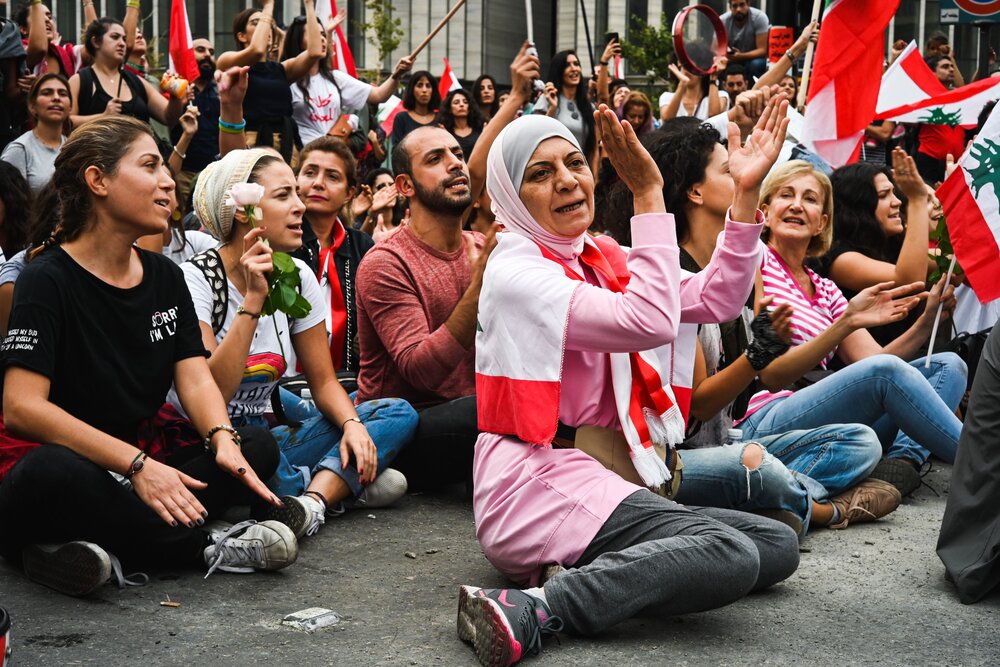
What’s the current situation in Lebanon?
There is no question that Lebanon is currently going through one of the most difficult periods of its history, both economically and politically. One year from my previous analysis, it pains me to say the economic situation has only worsened.
The Lebanese pound has lost over 90 percent of its economic value, and over half the Lebanese population continues to live in abject poverty, making day to day interactions and economic transactions painstakingly difficult for the Lebanese population. With banks paralyzed, state debts reaching over 425 percent, and key economic partners like the United Arab Emirates and the Kingdom of Saudi Arabia taking a step back in investment, it is an understatement to say Lebanon’s economic situation is bleak.
The Lebanese middle class, with an average monthly income of USD 2,000 in 2018, now makes less than USD 140, which doesn’t cover basic expenses with soaring food prices. Gas is scarce and expensive when available, and most families have to skip at least one meal to push through the rest of the week, with food shortages expected on the daily. One week, bread, a staple for many families, is hard to come by due to wheat shortages. The next week, baby formula seems impossible to obtain.
Moreover, chronic power outages have plagued the country since the end of the civil war.
With Lebanon truly holding on by a thread, government officials have called on the International Monetary Fund (IMF) for months to create an economic revival plan to get the country back on its feet. While a staff level agreement has been accepted between the government and IMF to pump three billion dollars of investment into the Lebanese economy, the IMF requires significant banking and authoritative reforms to increase political and economic transparency in Lebanon’s banking sector.
While this agreement could be a step in the right direction, a lack of government transparency and both private and public sector corruption have proven to be significant obstacles.
Likewise, it has become clear that the IMF requires clean and pragmatic economic reform from Lebanon.
Unfortunately, this seems unlikely to come from a country ruled by former militia leaders, warlords, and businessmen who refuse to take an ounce of responsibility for the current situation, making serious economic reform far more difficult.
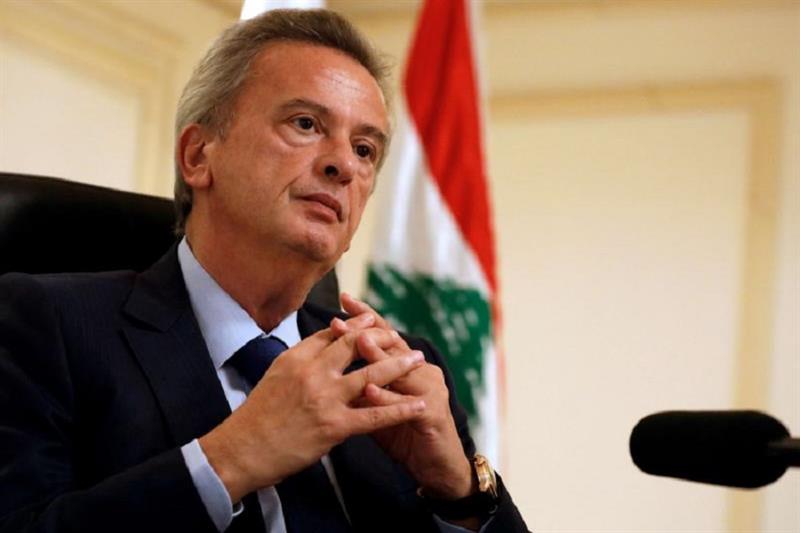
Lebanon’s Central Bank Governor, Riad Salameh, was one of several Lebanese figures to have their names released in the Pandora Papers, which linked Salameh to offshore companies with almost USD 100 million worth of assets. Similarly, Salameh has been charged with money laundering; he is currently being investigated in both France and Switzerland for embezzlement and misuse of public funds. Banking on the transparency of men like Salameh who have taken manoucheh loaves and baby formula out of the mouths of Lebanese children, and placed those riches into offshore bank accounts isn’t a long term plan the IMF can rely on alone.
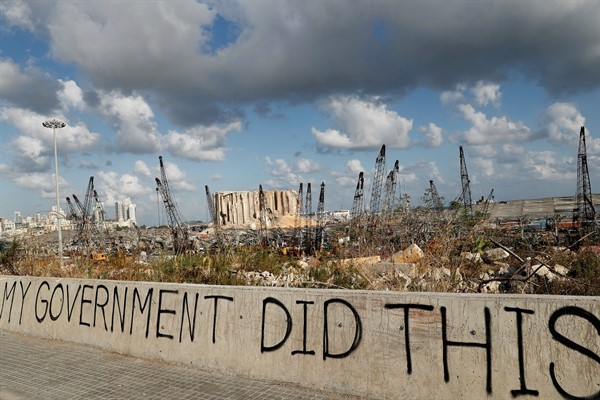
Has there been political progress since the 2022 elections?
One of my good friends, Rima Jamaleddine, has moved back to Beirut and currently works as a communications officer for a Lebanese NGO.
As I reconnected with Rima again, I was shocked by her somber take on the 2022 Parliamentary election results.
“These elections have proved to me that Lebanon will never be a peaceful or decent country,” explains Rima, clearly unhappy with her words, but emphasizing the grim reality of the country. “I volunteered to monitor the elections. Along with many young volunteers, I saw representatives from parties like Hezbollah and Amal intimidate voters and tell them who to vote for before they go inside. It took them two days to get the results of the elections back! Why so late? That doesn’t happen in other countries.”
These are not solely Rima’s claims, as many news outlets such as Al Jazeera and the Lebanese Association for Democratic Elections (LADE) have documented the illegal intimidation tactics by several Lebanese parties.
The government had reportedly decreased the voting booths hours in order to prevent groups living outside of Beirut from voting as it often takes many rural Lebanese citizens hours to reach Beirut, especially with the scarcity of gas. Even outside of Lebanon, where expats have serious voting leverage with over 15 million Lebanese living abroad, many observed intimidation tactics in their respective countries.

“Expats went through hell in order to vote. Here in the United States, I spent four hours waiting to vote and wasn’t allowed to in the end because of a technicality the embassy didn’t even explain to me. This is clear voter suppression,” claims Sereen Banna, Lebanese founder of the Young Central Podcast and UC Davis graduate who closely followed the Lebanese elections.
Unfortunately, such staunch voter fraud isn’t the most disappointing aspect about the recent parliamentary elections, as voter turnout was at an abysmal 41 percent during one of the most important political moments in Lebanese history.
“Who knows why voter turnout was so low?” said Serene, “Maybe it was because average citizens are just disgusted with politics and anything related to it. Maybe it was a general sense of hopelessness and apathy. Who knows?”
Neither Jamaleddine, Banna, nor myself could understand why voter turnout was so low after all the damage that the political elite has caused in the past few years to Lebanon.
Regardless, there was unanimous agreement that describing such a result as disappointing would be an understatement.
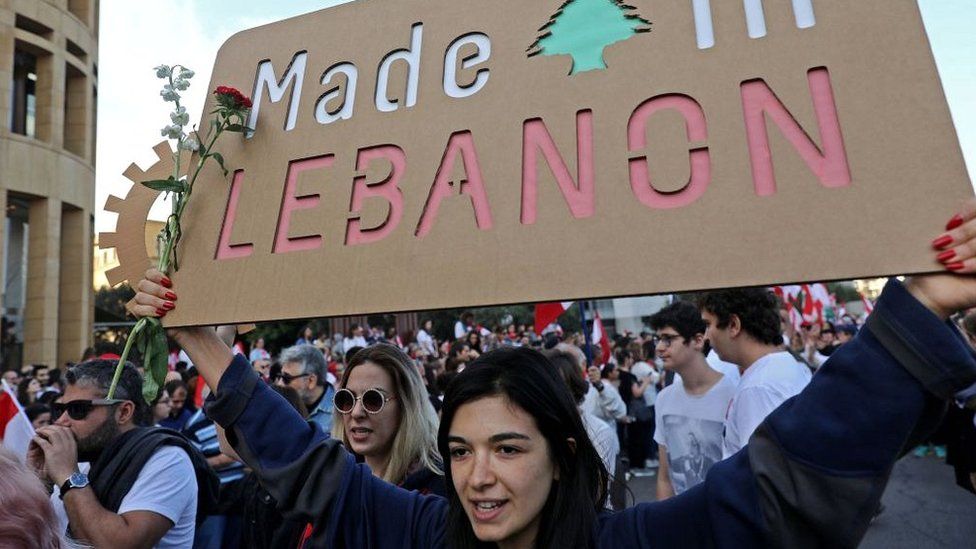
Alas, Lebanon Always Has Another Side
Thankfully, the soul-crushing turnout was not the only aspect all the interviewees agreed on, as no one could doubt that the success of independent and anti-establishment political groups in gaining 16 seats in the Lebanese Parliament was extremely vital.
Amongst the various political analysts, activists, and students, there is collective agreement that having independent voices in Parliament that actively criticize the ruling class was extremely significant.
“The beautiful thing about the elections this year is that it proved to the Lebanese people and the world that change is possible,” says Banna.
“We have clearly voted for change. Not just change of the political elite, but also of the sectarian strife that’s kept us from truly developing for years. For example, I am Druze. We are a very small religious community, and have blindly trusted two politicians in former warlord Walid Jumblatt and Talal Arslan. This year, the Druze community was able to vote out Talal Arslan for the first time in 30 years and replace him with civil society activist and professor Mark Daou. This kind of vote for a vulnerable and tight-knit community like the Druze is a big win.”
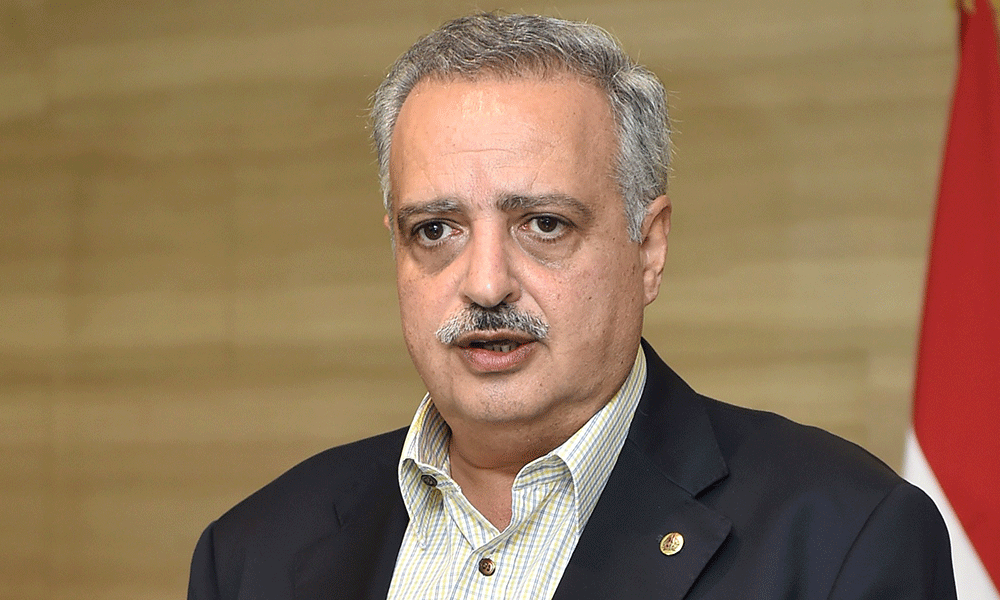
Arslan, a known Bashar Al-Assad apologist, was able to garner support for years by garnering fear amongst the Druze community. Arslan perpetuated the idea that the only way to protect the Druze from discrimination and marginalization from Lebanon’s larger religious sects was to continue to vote for him . Voting Arslan out is a testament to the potential of the Lebanese people to break the shackles of sectarian strife under the right circumstances.
The Druze were not the only community slowly eating away at the old guard.Politicians that publicly mocked Lebanon’s 2019 revolution and insulted journalists such as Ziad Aswad, Elie Ferzli among others lost their Parliamentary seats to independents and pro-revolution politicians.
While 16 seats is nowhere near a majority in a Parliament of 128, these newly elected independents and reformist parties have already started to make an impact on Lebanese politics.
The vote for speaker of Parliament came down to one single vote. Nabih Berri, Speaker since 1992 and an enduring symbol of everything wrong with Lebanese politics, from inciting violence to corruption charges, was only able to win by the skin of his teeth and is already having his authority challenged by many of the new parliamentarians.
This proves the power of Lebanon’s new political forces despite an underwhelming election amidst the most dire of political and economic situation.

A Future for the Elizabeth Taylor of Nations
Attempting to accurately predict the future of Lebanon, a nation as complicated as it is mesmerizing, leaves me wondering whether or not this article will age well.
Lebanon cannot be predicted or sufficiently labeled, not with all its beauty, intricacies, horrors, and peculiarities. Getting rid of a rotten political class is in no way an easy task during one of the world’s worst economic crises, and a brain drain forcing Lebanon’s greatest minds to flee.
Amidst the country’s slue of chronic problems, Lebanon remains one of the most uniquely fascinating nations.Even the most skeptical and doubtful of Lebanon’s children who strive for a way out are reluctant to leave, as they know that they will deeply miss the chaotically beautiful Lebanon, even if all the logical signs point to self-exile.
From Khalil Gibran and Anthony Shadid to Fairuz and Rabih Alameddine, Lebanon has produced some of the world’s best musicians, poets, writers, and thinkers since the age of the Phoenicians.
As our world is becoming increasingly globalized, and cultural and political clashes continue to grow more and more intense, there is so much we can learn from Lebanon.
Here is a country that has beaconed Eastern and Western lifestyles, cultures, and political systems for centuries and developed a nature of adaptability, harmonious chaos, and creativity unlike any other. To learn lessons from its history, we must pay close attention to Lebanon, as it always has a story that will teach us and leave us enchanted with sorrow and unspoken beauty.
The opinions and ideas expressed in this article are the author’s and do not necessarily reflect the views of Egyptian Streets’ editorial team. To submit an opinion article, please email [email protected].
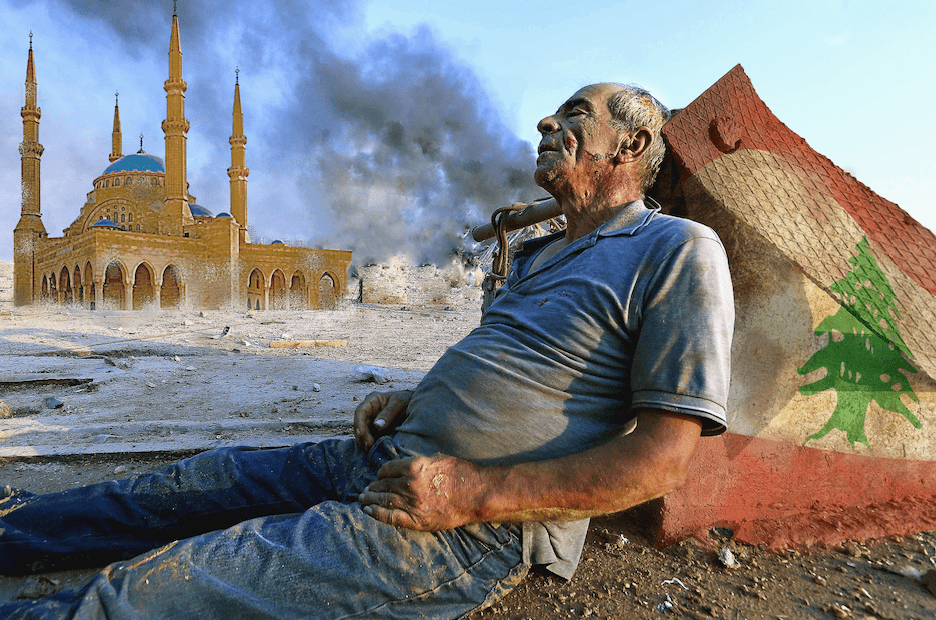


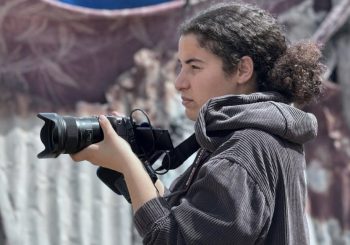
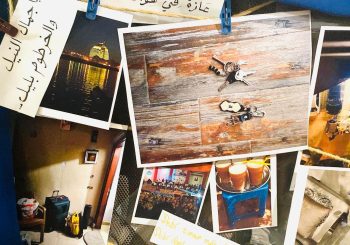

Comments (3)
[…] is a university professor raising a teenage daughter on his own, also seeming to fare well despite Lebanon’s economic crisis, to which the show makes direct […]
[…] He also retains a passion for music, caffeine, poetry, cooking, and playing billiards.[…] into stolen artifacts in France after news broke that…© 2019 Egyptian Streets. All Rights Reserved.Subscribe to the fastest growing newsletter in […]